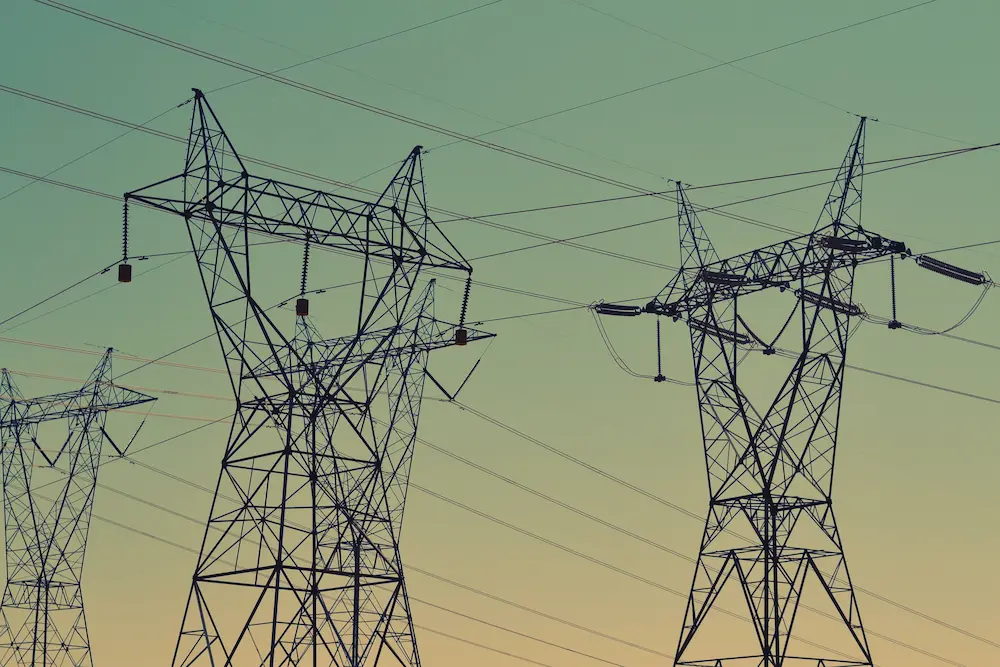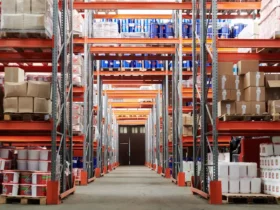Most business owners compare business energy tariffs just because they want to save their cash. Switching to a business electricity and gas deal that matches your business needs can save you a lot of money every year. This is especially true if you have allowed your current energy contract to expire without arranging a new one or you have never switched energy suppliers before.
If you fail to renew your energy deal, your energy supplier can put you on what is called out-of-contract energy rates. Unfortunately, these energy rates can be more expensive than the contracted rates. This is why you need to work with an energy broker to help you with your electricity business management. They can also find you the best energy deals on the market.
Business Energy Prices
Before you learn about the types of energy tariffs available on the market, it makes sense to know why the energy prices are always fluctuating. This can help you time your energy switch. There are several reasons why energy prices can rise and fall.
Global events can affect the energy prices. Remember that oil prices can be influenced by global events. This can affect the supply and demand of energy. If there is uncertainty, a natural disaster, or conflict in a country that produces gas or oil, this can limit accessibility and production, which may then push up prices. For instance, conflict in Ukraine has pushed up oil prices. In 2019, the United States sanction on Venezuela caused an increase in oil prices that pushed up electricity and gas prices.
The strength of the pound can also affect the price of gas and electricity. Just like any other commodity, currency value fluctuations can affect the cost of electricity and gas. When the UK imports a lot of energy from Europe or any other place, the strength of the pound against the other currencies can play a huge role in energy costs. For example, if the pound is stronger than the Euro, then electricity and gas prices can fall because energy can be cheaper. On the other hand, if the pound is weaker than the Euro, then there is a good chance that energy prices can rise.
The weather also has an effect on the energy prices. There are various ways the weather can have an impact on energy prices. Cold weather usually increases the demand for energy because people want to heat their homes and workplaces, so prices can rise.
But because the UK is utilizing more renewable energy sources, such as energy from wind generators, a drop in wind can mean more natural gas is transferred to power stations, which causes a rise in prices. Keep in mind that energy suppliers purchase wholesale electricity and gas in advance, and energy prices are related to forecasts. Therefore, if there is a ten-day forecast that suggests that there may be good weather, there can be short-term forward prices that may fall. But long-term temperature forecasting is harder than short-term forecasting, though it can still affect energy prices.
The energy price cap can also affect energy prices. This was introduced to stop rip-off energy prices. The energy price cap is designed to give energy suppliers a baseline that they can utilize for their energy prices. But the energy prices focus on the top level of the cup, meaning there are few competitively-priced deals regardless of whether or not you switch to a fixed-price tariff. The price cap can only directly affect domestic energy users, though the energy prices have increased globally.
These factors can affect the wholesale energy prices. In turn, the energy rates you have to pay can also be affected. Remember that there are also other things that can affect the cost of the business energy bills. This includes transportation and distribution costs, VAT, and Climate Change Levy.
Types of Business Energy Tariffs
Before you start comparing energy suppliers, you need to know that there are various types of electricity and gas deals available on the market. One of these energy tariffs is called a fixed-term business gas and electricity tariff. A fixed-term energy tariff can last from one to four years. The standing charges and unit cost of this tariff stay the same during the time when it’s valid. Remember that your energy bills can still vary, but this can depend on the amount of energy your business uses. The good thing is that the actual energy rates you have to pay are fixed for the duration of the energy deal.
A fixed-term energy deal is usually the most common type of energy tariff for many businesses. This is because business owners can effectively protect themselves against energy price increases. Also, a fixed-term energy deal can help you with budgeting.
Switching energy suppliers with an energy broker means that you cannot worry about an energy supplier rolling you into more expensive energy tariffs at the expiry of your energy contract. This is because they can keep watch on your fixed-term energy contract’s expiry date and look for the best energy deal for you.
There are also blended and extended energy tariffs. But these energy deals are a little more complex than a fixed-term energy tariff. This is because you can extend the duration of your current energy contract with your energy supplier. In return, the energy supplier can reward you with lower energy rates for your loyalty.
This type of energy deal can help you reduce the amount of money you need to pay for electricity and gas. They can also be suitable for your business if you are satisfied with the current energy supplier. It’s worth remembering that you can still get cheaper energy tariffs by switching to a new energy supplier.
Lastly, there is a flex approach energy tariffs. If you have a larger business, then it makes sense to bulk purchase your energy in advance so that you can know the amount of money you have paid when you start using it. With a flex approach energy tariff, you can use wholesale rates to your advantage by purchasing your energy for a couple of months or years ahead. This often can cost you less money, especially when the energy prices are low.








